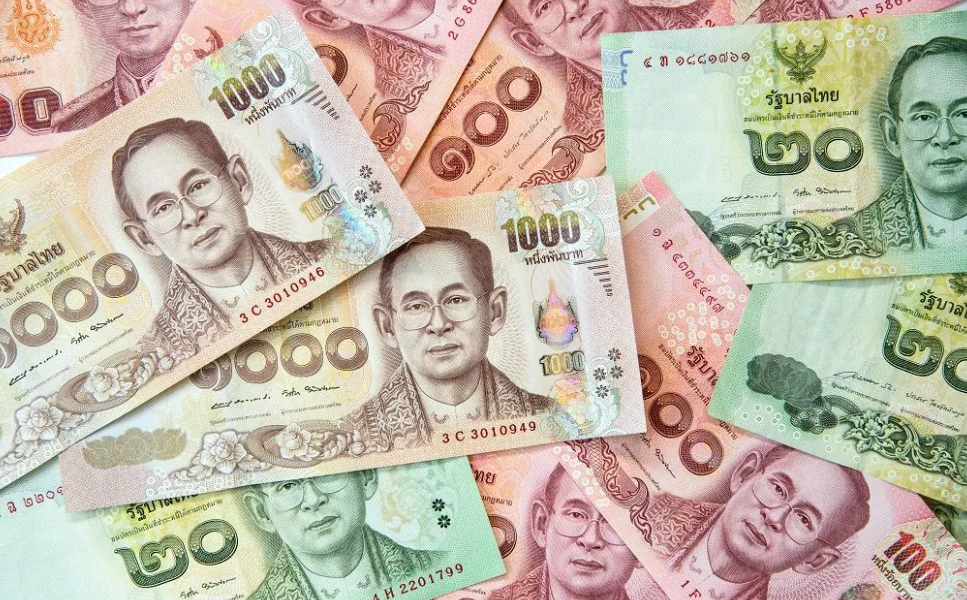Baht too strong: the paradox of the Thai economy
Bangkok's currency continues to rise against the dollar: its value has risen by 8% since the beginning of the year, despite economic fundamentals that do not justify such a trend. With a political crisis effectively postponed until the early elections in 2026, there is a risk that speculative manoeuvres will further undermine exports (already struggling with Trump's tariffs) and tourism.
Bangkok (AsiaNews) - Thailand is increasingly having to deal with the strengthening of its currency, the baht, which is having a significant impact on its economy.
Since the beginning of the year, the Thai currency has risen 8% against the dollar, meaning that it now takes more than 32 baht to buy one dollar.
Going back to 2022, this appreciation is more than 20%, an unparalleled performance among Asian currencies. This strengthening risks having negative repercussions on exports and tourism in a context of weak growth and uncertain prospects.
The causes of the phenomenon appear unclear, more linked to opaque financial flows and speculation than to an improvement in the fundamentals of the Thai economy. There is much talk, for example, of an abnormal amount of gold trading using the baht as currency.
Bangkok has recently emerged from a political crisis resolved once again by palace manoeuvres, which the upcoming early elections, scheduled for early 2026, could overturn if victory goes (as polls widely suggest) to the progressive People's Party, which is anti-establishment and opposed to Pheu Thai, the populist party led by former Prime Minister Thaksin Shinawatra, who was instrumental in the alliance reversal that denied them the country's government after their victory in the May 2023 elections.
Now led by a prime minister who is skilled in political manoeuvring but, like his Bhumjaithai party, has no direct experience of government, the country faces a period of waiting for the vote with few concrete measures possible in terms of stability and restoring the confidence of the Thai people. Parliament is expected to be dissolved in January, with new elections in the middle of the year.
The outlook for 2026 is for GDP growth of between 1.8% and 2.2% compared to 2024, with the World Bank estimating a downsizing from the expected 2.9% to 1.8%. Exports saw a significant increase in July compared to the previous year (14.4%), but this positive figure contrasts with a deficit of .9 billion compared to a surplus of .68 billion in the same period last year.
This is without taking into account the possible repercussions of the 19% tariffs imposed by the United States, Thailand's largest market.
Tourism, one of the leading sectors in the primary services sector, has seen a 7% year-on-year decline so far, which is expected to confirm a 20% decrease by the end of the year compared to 2020 levels.
Overall, therefore, the economic outlook is unfavourable, compounded by the high debt of Thai households and rising credit costs. The Federation of Thai Industries has already warned that, without countermeasures on the baht, the repercussions on exports could be severe, particularly in the electronics and automotive sectors, which are crucial to Southeast Asia's second-largest economy.
07/02/2019 17:28







.png)










